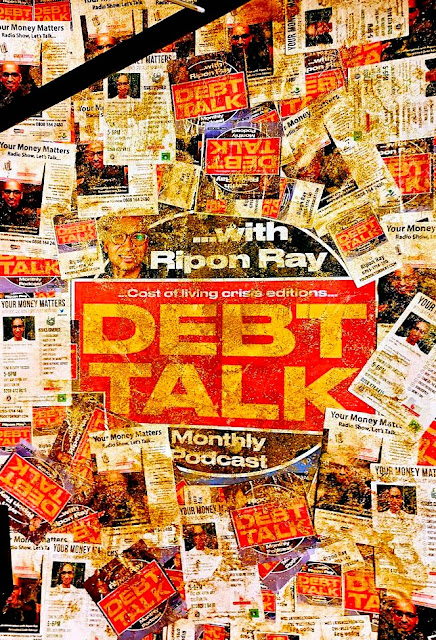Silence can be a deadly killer for women of domestic abuse and instead of just hindering their recovery it could lead to their fatality. According to the Office of National Statistics (2015), two women are killed every week in England and Wales by a current or former partner in a relationship. The definition of domestic abuse has been expanded in recent times by legislation: an incident or pattern of incidents of controlling, coercive, threatening, degrading and violent behaviour, including sexual violence. Julia Oviedo, a victim and survivor of domestic abuse, shared her personal experience on ‘In Conversation with Ripon Ray…the Community Money Matters Show’ on Betar Bangla Radio. It may seem just another story to many listeners but for an individual to talk about such a personal experience requires bravery, confidence and the will to encourage other victims to come forward and share their experiences. In her case, it was physic...


Comments
Post a Comment